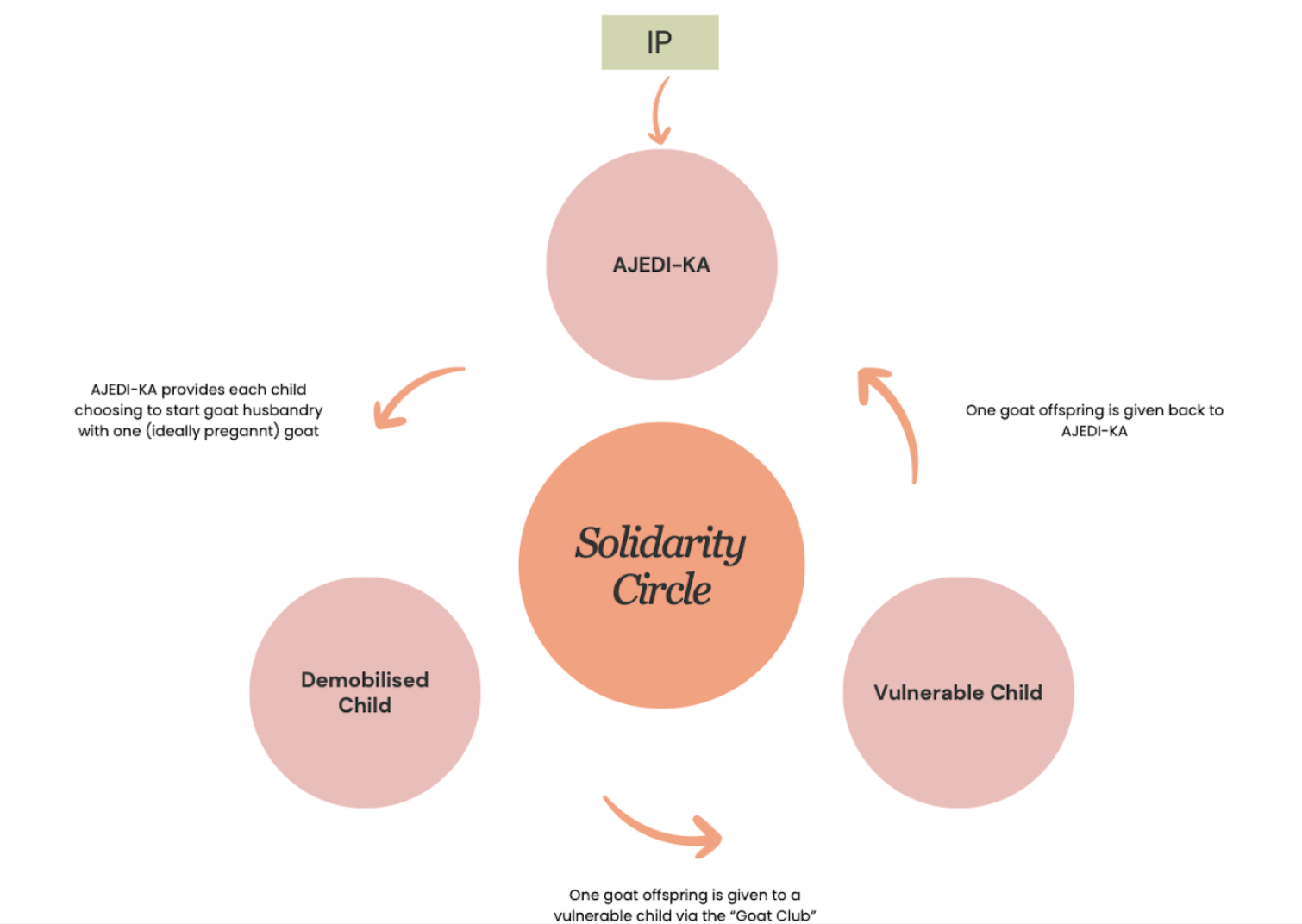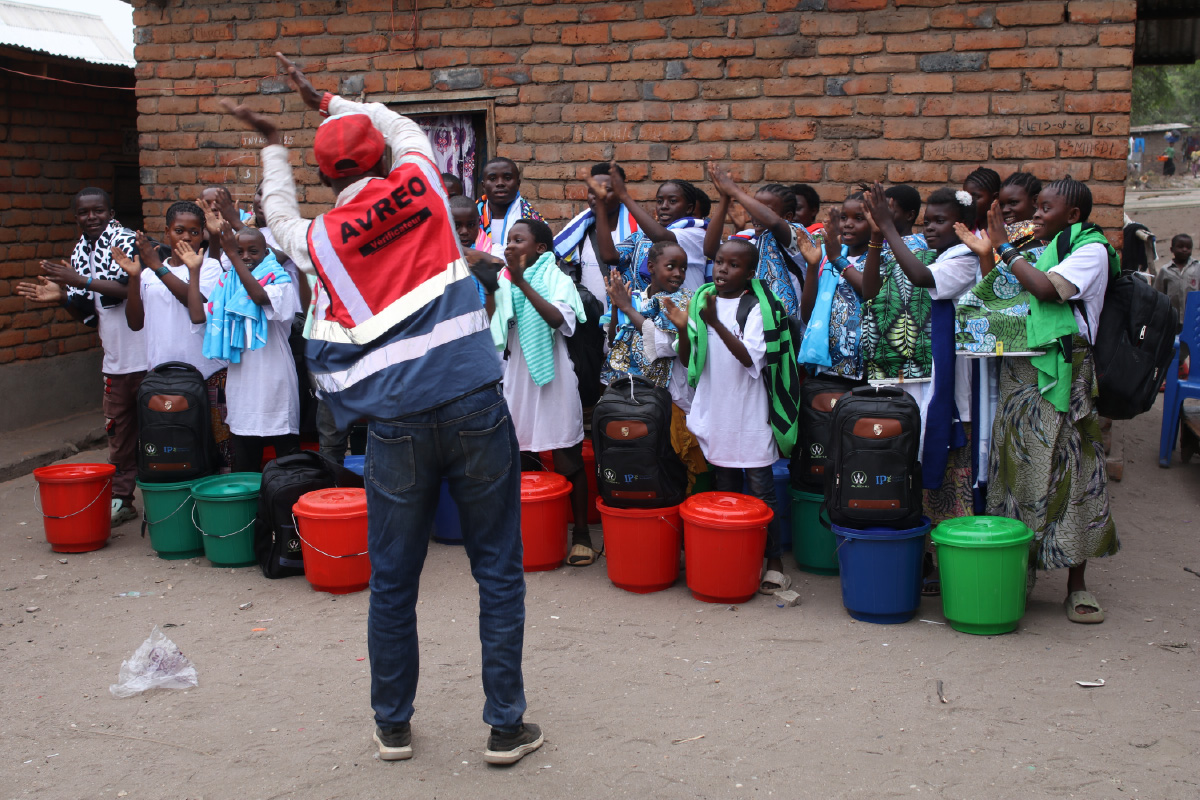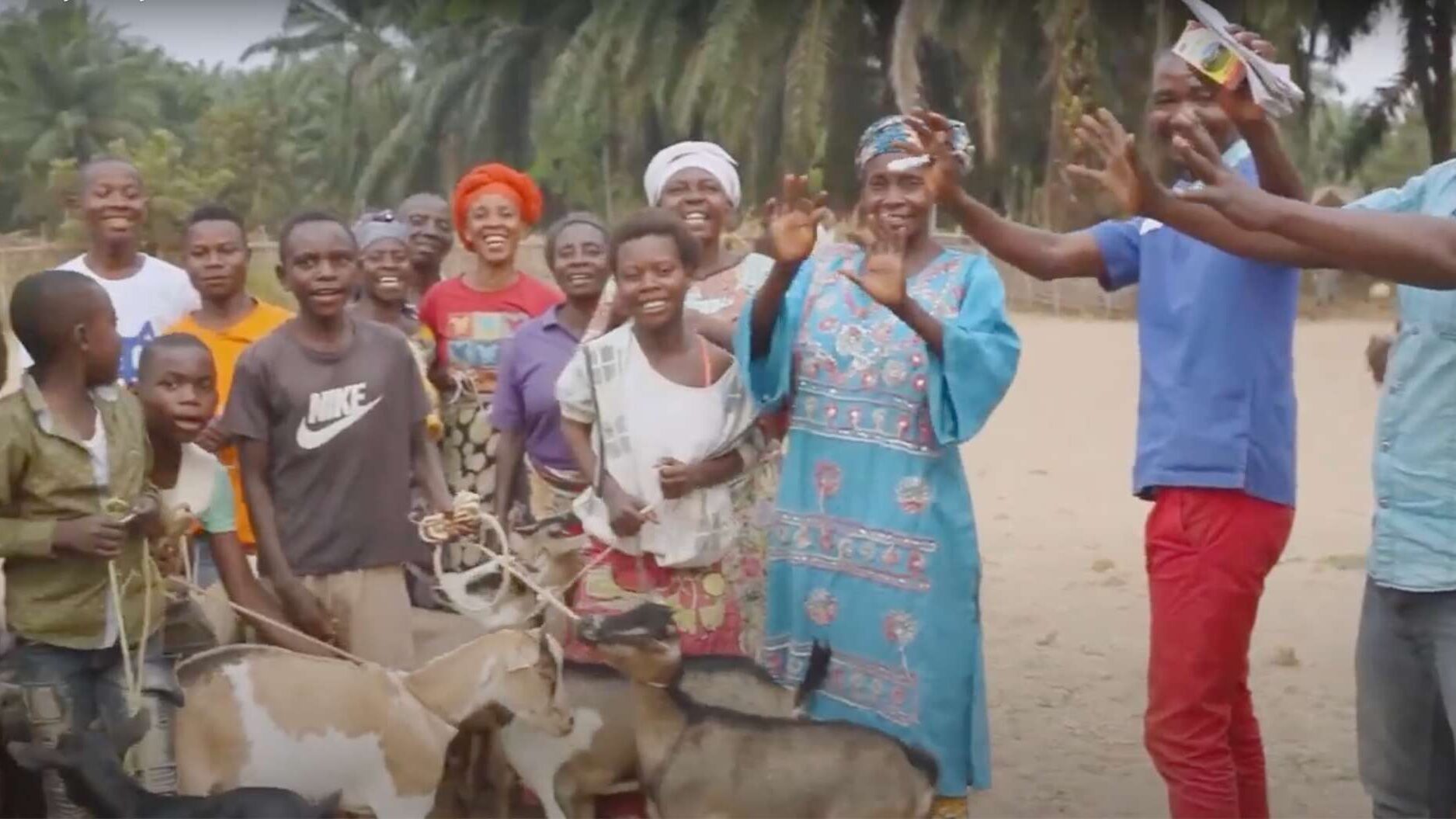Written by Victoria Hume, July 2024
Rémy is a well-dressed man with square glasses and a warm smile. Born in Burundi, he grew up in a village in Burambi commune, Cakonko hill. Today, he’s working from his home in Burundi where he lives with his wife and six children, the youngest of which are 6-year-old twins (one of which makes a brief cameo on the screen, jumping into frame with a big smile). We are chatting over a Zoom call; it is the middle of the afternoon for him, while it is early in the morning for me on the East Coast of the US.
After some pleasantries and small talk, as is customary in Burundi and much of East Africa where one rarely gets down to business right away, Rémy tells me about how he initially became interested in conflict resolution and peacebuilding.
“I started learning about conflict resolution or peacebuilding in a progressive way. Since Burundi has undergone many crises, especially the one of 1993-2005 that I witnessed, high school headmasters invited speakers on peaceful cohabitation, so that we students in boarding school can remain united despite the conflict time we were living in. When studying in Uganda, school authorities also invited the Uganda Human Rights Commission to our school to give us a talk about human rights and related topics.”
Rémy embodies the values of Innovations in Peacebuilding as both a peacebuilding practitioner and an accomplished scholar who is continuing his education to this day. He first earned a master’s degree in International Cooperation and Humanitarian Aid while working for FVS-AMADE as the head of Program Management and Monitoring & Evaluation. FVS-AMADE is an organization that provides services to vulnerable children and orphans in Burundi by engaging communities, strengthening their economic assets, and building social cohesion.
It was through this work with FVS that Rémy first became acquainted with Innovations in Peacebuilding. In 2014, the Innovations in Peacebuilding team partnered with FVS to support its orphanage and academy in Matana. Through this introduction, Rémy stayed connected with IP and supported on a voluntary basis for eight years before joining full time in 2022. About joining our team full time, Rémy said, “When I joined IP, it was like a dream because it is an organization that fits my aspirations. I remember telling some friends that: ‘Am I dreaming or is it a reality to be part of the IP Team?’. Peacebuilding, serving people is my innermost source of satisfaction.”
Rémy is now Director of Africa Operations, working most recently on IP’s peacebuilding efforts in the South Kivu province of the Democratic Republic of the Congo (DRC). During his tenure, Rémy has overseen the donation of goats to vulnerable children, community reintegration projects for former armed combatants, and multiple peace talks between armed group leaders, government, and community members. On the latter, he noted, “The feedback I get from DRC officials and participants who came into the peace dialogues means a lot to me.”
In 2024, IP is picking up momentum through new funding and new opportunities to expand its work both geographically and in scope. Remy is most excited about the prospect of expanding to other conflict-affected areas in Africa, working with other peacebuilding organizations in East Africa, and integrating PeaceTech into IP’s work.
In addition to managing IP’s active projects in the DRC and expanding IP’s work, he’s also currently working towards a Master’s Degree in Human Rights and Peaceful Conflict Resolution at the Burundi National University, which he says will “help me respond to IP work in peacebuilding and conflict resolutions in the countries where the organization will have the ability to intervene. This program is equipping me technically and intellectually on how to resolve conflict and contribute to peacebuilding in areas in need.”
IP is so grateful to have Rémy as a leader on our team, and we hope you have enjoyed getting to know the man behind the work a bit better.
P.S. Want to know what a day in the life of a primary school student looks like in Burundi? Here’s a bit on that from Rémy:
“I did my primary studies at Murago primary school, located 5-6 km from home where I had to walk every day, meaning that I had to make a 10 or 12 km walk to and from school. Since we could stay there for a whole day, we could go to school with cooked food provisions to eat at midday. Other times, our parents could give us some money to purchase bread, sugar cane, sweets, or food at the shops or restaurants. At midday, we had a 2 hour break where we could play football with other pupils and resume our studies at 2 PM. In elementary school, we studied arithmetic, French, and environmental studies. At the secondary school, students studied mathematics, French, English, history, geography, and more. I completed my secondary education in modern literature.”




